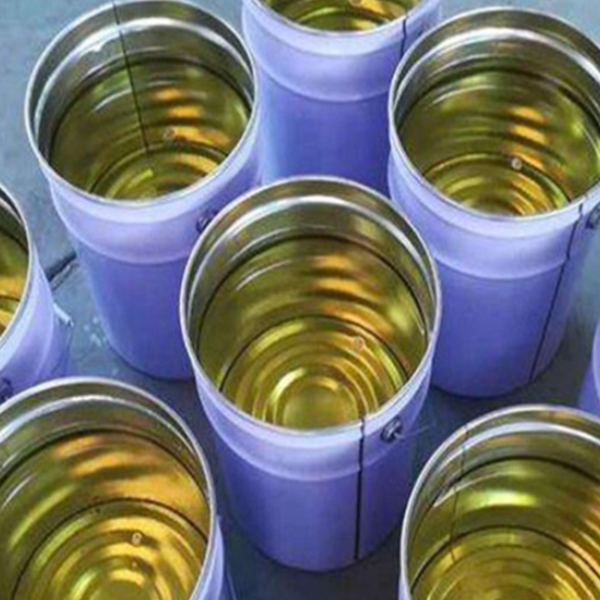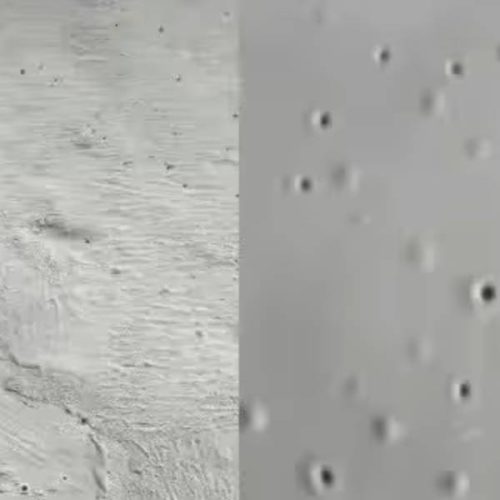Can Polyaspartic Resin Be Mixed with Other Resins?
As environmental awareness grows, the demand for high-quality, environmentally-friendly coatings also increases. The global coatings industry is evolving to embrace the principles of "Economy, Ecology, Energy, and Efficiency".

Resins, a key component in coatings, face rigorous performance standards. Polyaspartic polyurea resin, known for its solvent-free, low-viscosity nature, excels in weatherability, corrosion resistance, and abrasion resistance. It is increasingly utilized in applications such as waterproofing, anti-corrosion, and flooring.
However, an important question arises: can it be mixed with other resins?

Yes, provided they are of the same curing type. Some common examples include polyurethane resin, hydroxyacrylic resin, fluorocarbon resin, and polysiloxane resin. Proper use often yields synergistic effects. For example, when used as an active diluent, polyaspartic polyurea resin can reduce the viscosity of other resins, increase the solid content, and lower VOC emissions. It also enhances film cross-linking density, improving abrasion resistance and tensile strength.
For example, consider acrylic resin. Acrylic resin is composed of methyl methacrylate, acrylic esters, and olefinic monomers; it's a mainstream material for outdoor anti-corrosion topcoats. However, many widely used resins have low solid content, leading to suboptimal film fullness and significant environmental pollution caused by the release of volatile organic compounds (VOCs).
Advances in technology have introduced hydroxypropyl resins with 80% solid content. But their high viscosity and low reactive activity require substantial solvents, limiting practical solid content to 70% and still resulting in significant volatile organic compounds (VOCs).

Our company's solvent-free, low-viscosity polyaspartic resin effectively reduces the viscosity of acrylic resin, decreasing system VOC emissions and increasing drying speed, while also improving the mechanical properties of the coating.
In addition to these uses, polyaspartic polyurea resin holds potential for even more diverse applications in the coatings industry.
Feiyang Protech has been specializing in the production of raw materials for polyaspartic coatings for 30 years and can provide polyaspartic resins, hardeners and coating formulations. Feel free to contact us: marketing@feiyang.com.cn
Our products list:
Contact our technical team today to explore how Feiyang Protech’s advanced polyaspartic solutions can transform your coatings strategy. Contact our Tech Team






